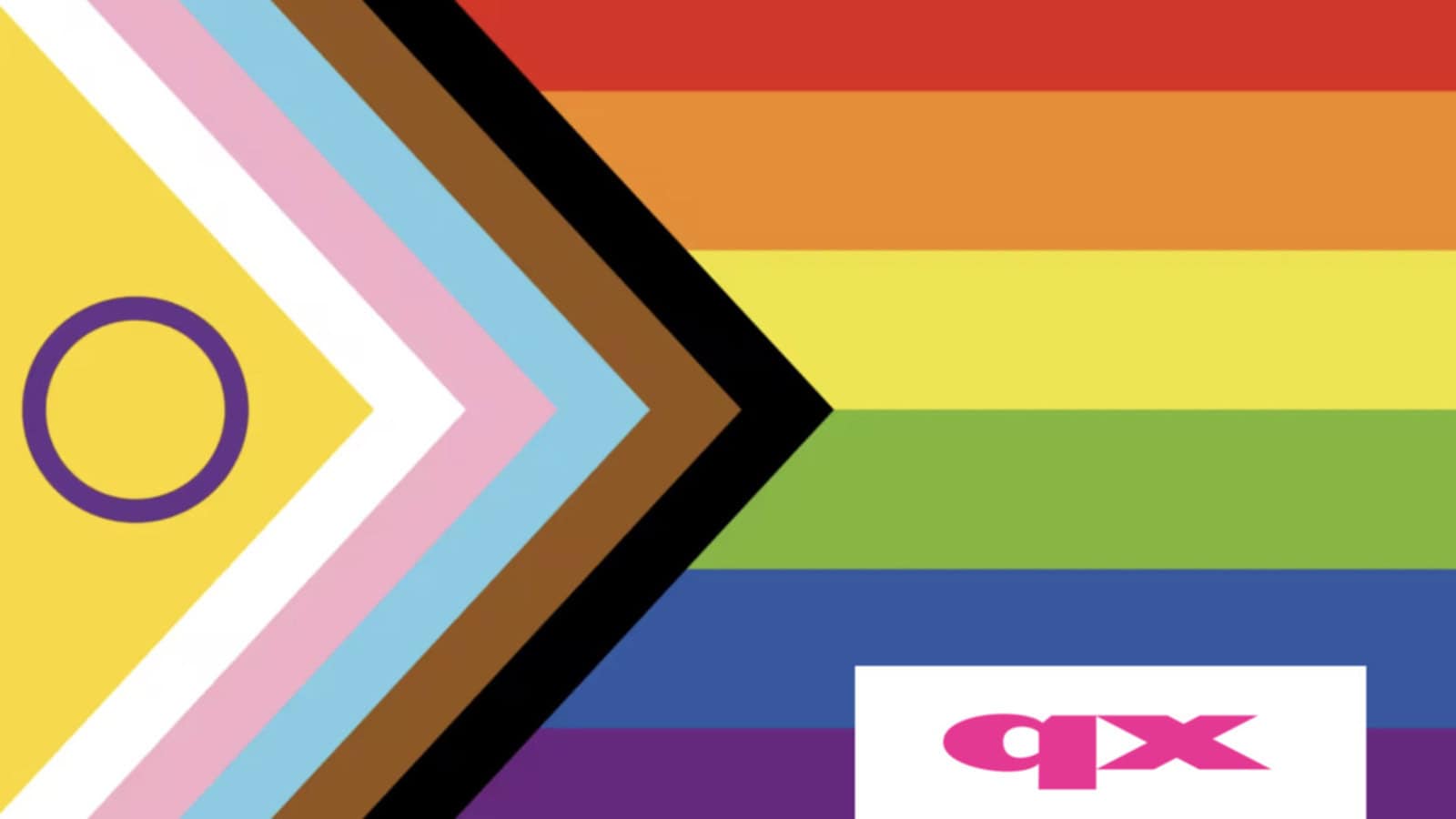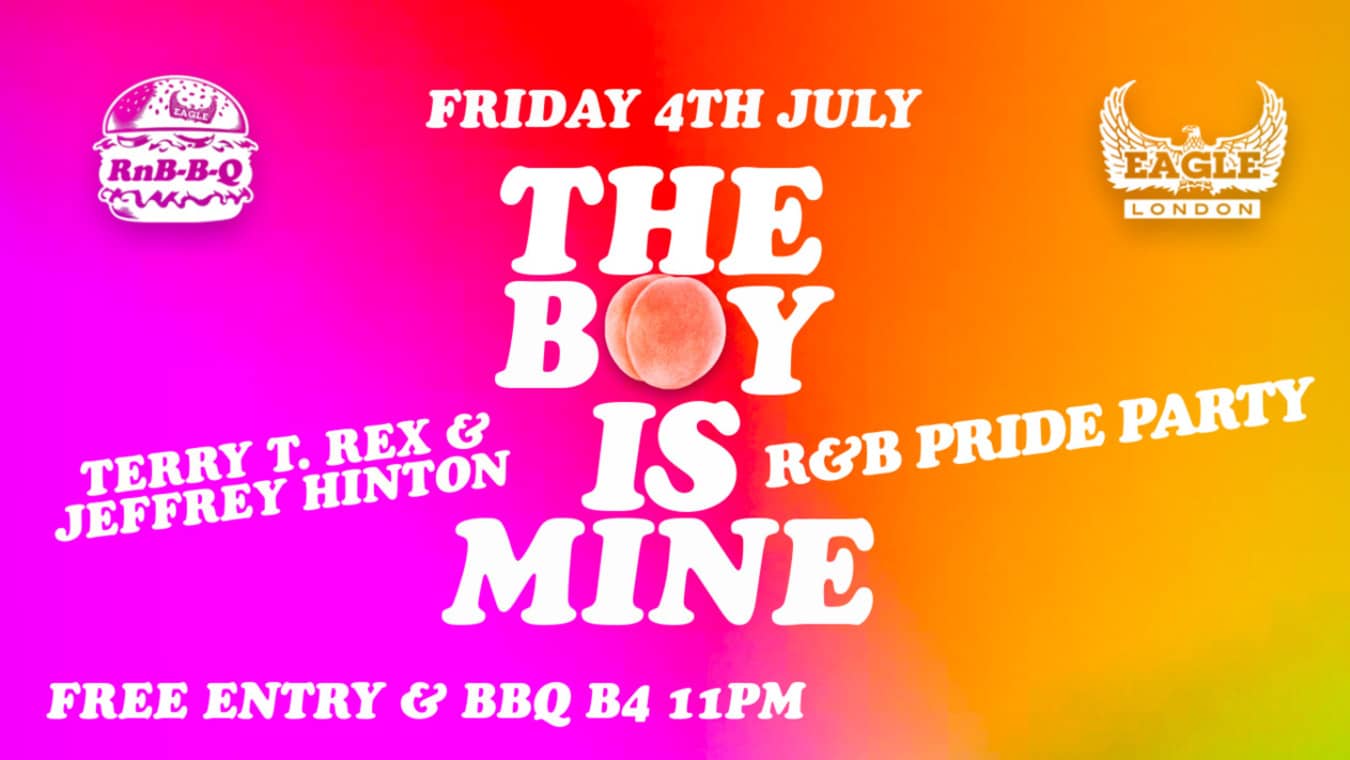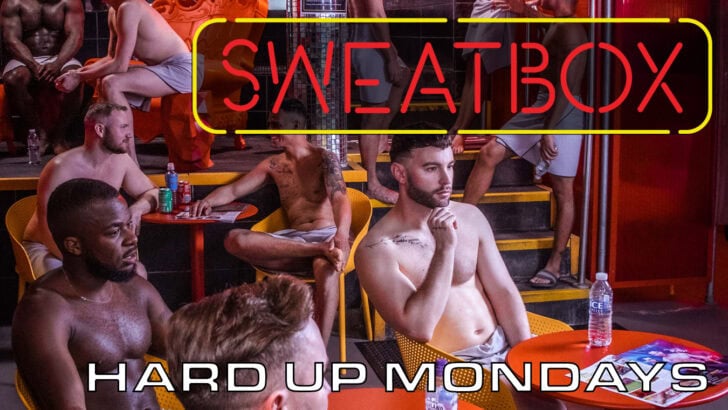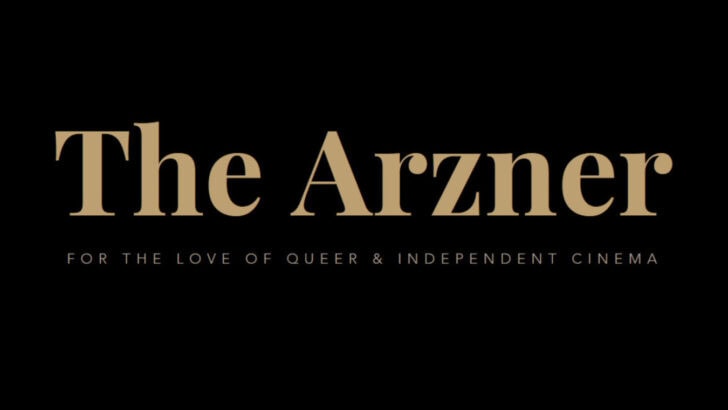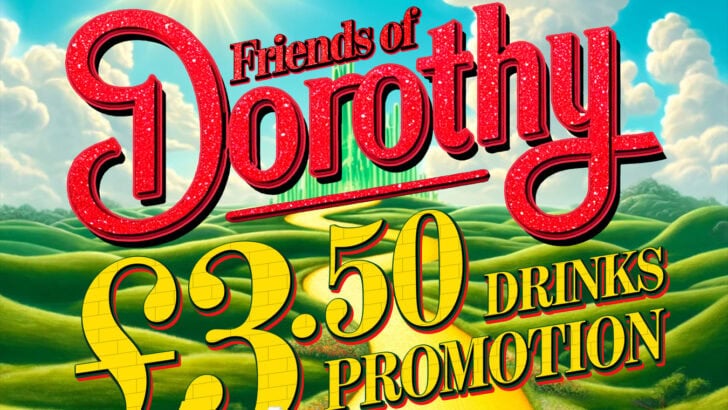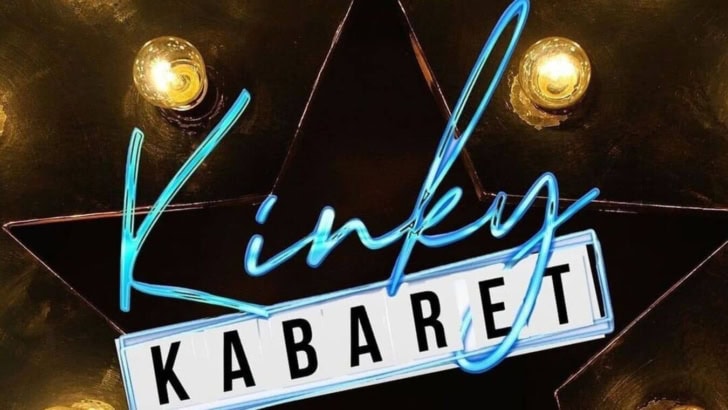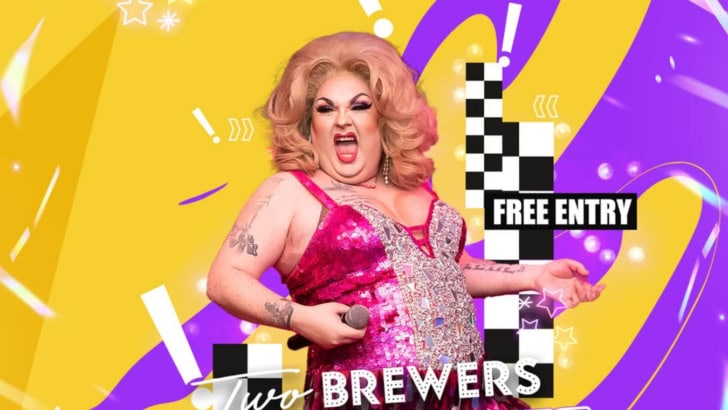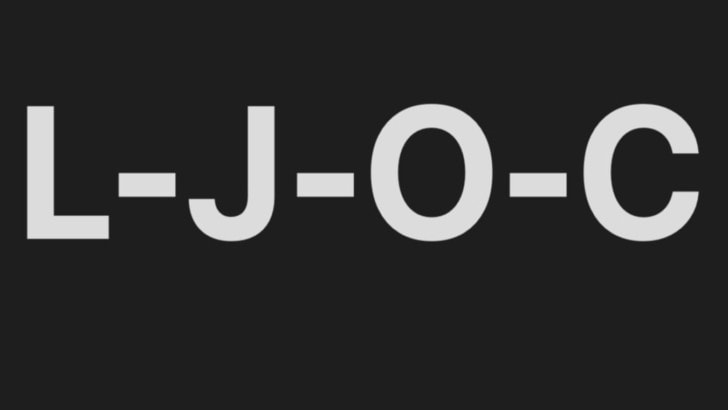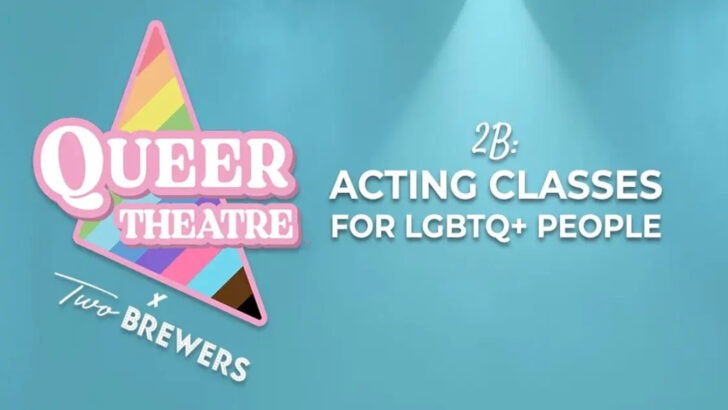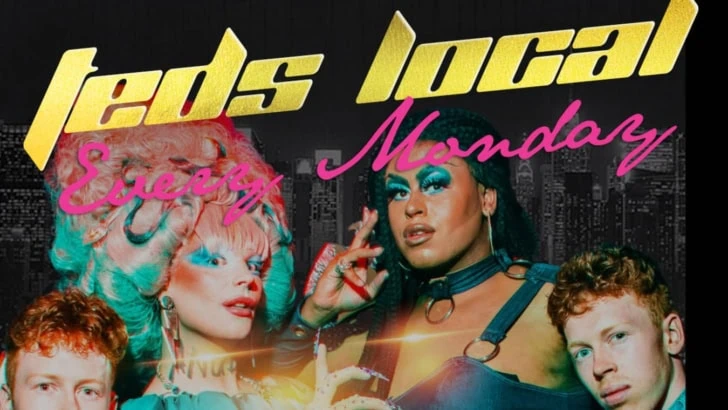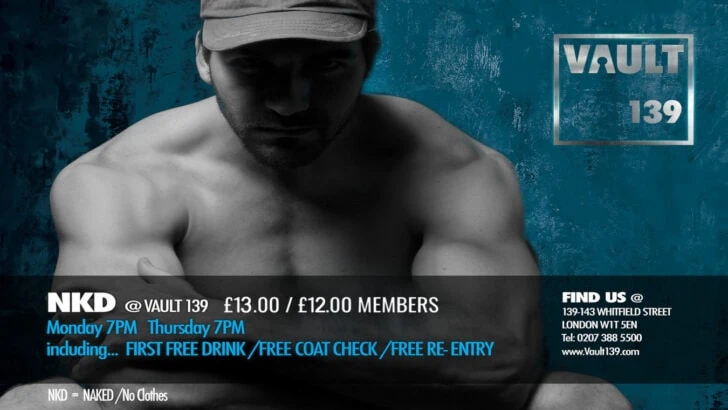I first met Asifa Lahore, before Muslim Drag Queens, during Drag Idol 2012. It was in 79CXR of all places. I was on the judging panel and she was an eager new act on the scene.

During the competition she grew into her character and gained great confidence, which was rewarded with a third place overall in the grand final, despite dividing opinions between judges throughout.
Since then, Asifa has worked tirelessly at some of the country’s biggest gaysian nights, and more recently has become an active and very public voice for the LGBT Muslim community. Gaysian nights may well be something that’s new to you, but they’ve been going for many years. One of the first clubs I regularly minced along to when I landed in London as a fresh-faced chicken was Club Kali, along with my then boyfriend who was Muslim. To this day it remains of the friendliest club nights I’ve ever been to (and still going strong). However, the (very gay) Muslim boyfriend was sent to Pakistan, is now married to a woman, and has three children. This is the crux of what Asifa is campaigning against: the enforced choice of religion and culture, over personal happiness and being true to oneself. Asifa is living proof that you can have the best of both worlds.
Muslim Drag Queens was billed as ‘a rare insight into a clandestine community’ and the publicity prior to broadcast was unprecedented in the drag world. Focusing on three young gay Muslims, with Asifa being the focal point, the documentary began with a look behind the scenes of her everyday life, as the UK’s first out and proud Muslim drag queen.
The death threats, the risqué performances, the tutoring, and the activism were all on display, dealt with sensitively, accompanied by exquisite narration from Sir Ian McKellen and many inspiring lines from Asifa. ‘I’m saying fuck you to all those who send death threats, and I’m gonna look fabulous while doing it.”
We were also introduced to Ibrahim, an excitable novice performer from Mauritius who had just come out to his conservative and devoutly religious family. What a joy he was to watch! Full of wonder and glee in every scene, his debut drag performance as Sofia Less (AMAZING name) had this old cabaret hag misty eyed.
Our third queen, Zareena Khan, is the one I imagine divided opinions the most. A self-identifying drag queen, Zareena dresses as a female and dates Muslim men, many of whom are married. ‘I do drag to satisfy myself, to be more liked and to gain more friends. Once you start becoming feminine, people notice you’, she says.
Zareena’s story is a whole different article (and show) of it’s own, and whilst I enjoyed watching her, I believe the makers of the documentary had a responsibility to ensure the lines were not blurred between drag, transvestitism and sex, mainly because the general tweeting public are stupid enough as it is.
Asifa’s stoic resilience throughout is awe-inspiring. She is one of life’s doers. Standing up to your community when they won’t accept you takes balls of steel, especially when some sectors of that community are notoriously anti-gay. And marrying that self-love with a continued loyalty to the faith and culture that is so important to you shows a deep strength of character. One thing I’d like to have seen more of is Asifa’s relationship with her family, however the final scene with her mother left me a blubbering wreck.
Muslim Drag Queens is groundbreaking in the context of increasing visibility and creating a public dialogue around a section of our community that has been hidden away for too long, and the bravery displayed by all those who took part should be applauded. As Asifa said: ‘This is the start of something brand new’.
Muslim Drag Queens first screened on C4
